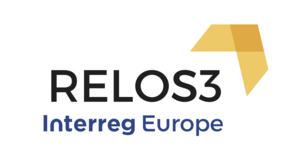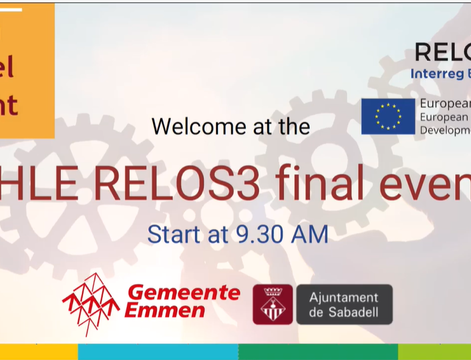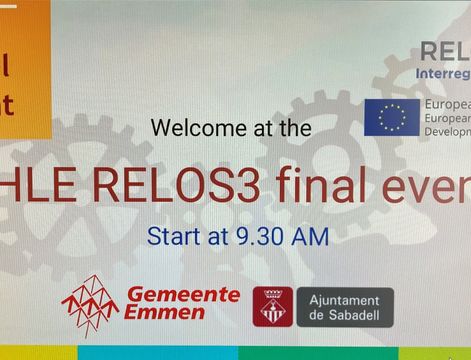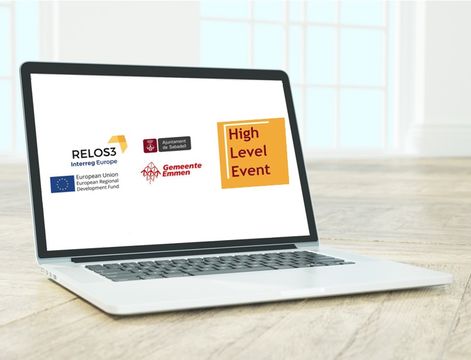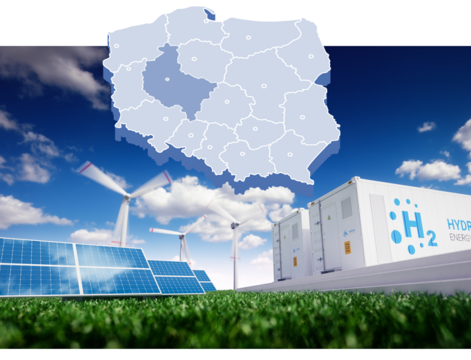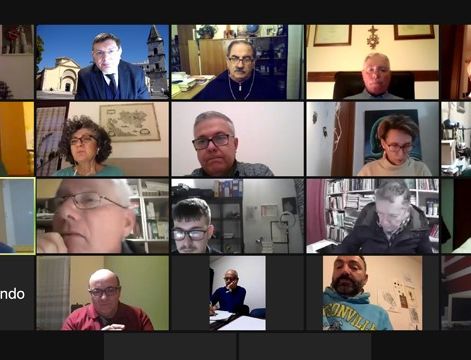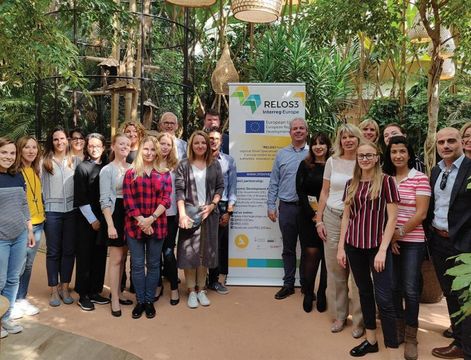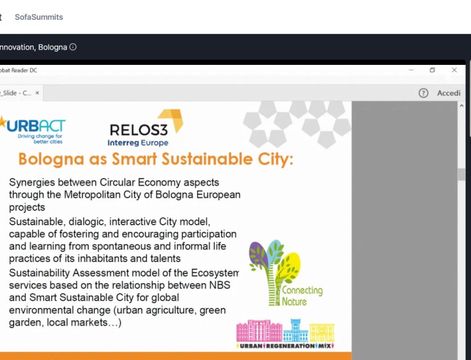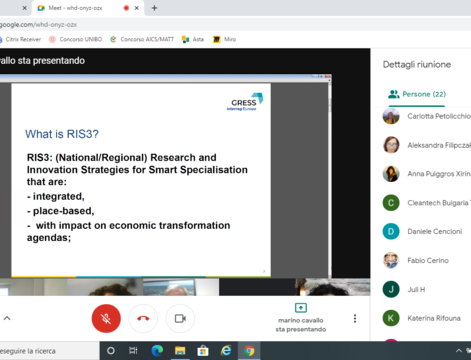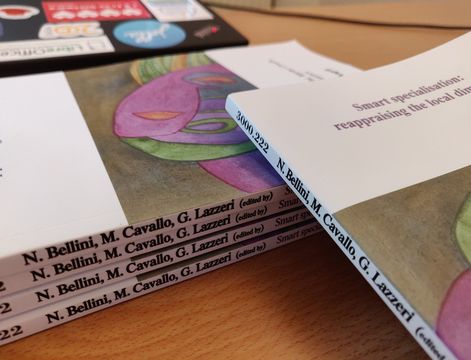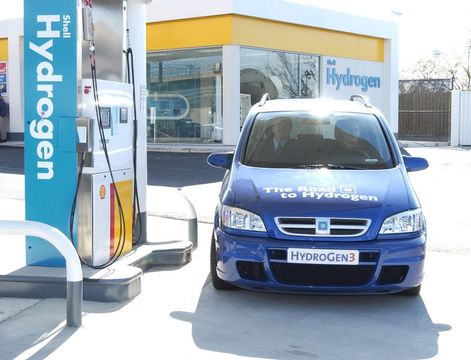Integral part of the RELOS3 project are the stakeholders groups. While each partner has their own methodology for having such meetings, each according to their own local circumstances, the partner and their stakeholders meet at least every six months to discuss their progress in the RELOS3 project.
Usually this means providing an update on how local approaches are being sought for the RIS3 Smart Specialisation Strategies at the local level. Involvement from all types of stakeholders is important in this process.
The most recent meeting was in Sabadell (Catalonia, Spain). About ten persons involved in the projects met up to discuss the next phase of the project, from academia to health care to entrepreneurs were present.
As the project enters its next phase, where not only gathering opinions and knowledge is important, but actual local action plans (LAP) are to be developed.
These LAPs are crucial in bringing the RIS3 strategy to the local level. This is not something that the main RELOS3 project partner (the city of Sabadell) can do all by itself. Involvement from industry organisations, entrepreneurs, education and even civil society are necessary to achieve this goal. Like the space race, it is important that everybody rallies behind the common goal.
For this process, the last thematic event meeting in Seville proved to be very important. It provided the final parts for the toolkit that is necessary to achieve such a feat. Two stakeholders were present there also, and they helped to disseminate the knowledge gained there to other participants.
The three most important questions that emerged from this session are:
- What government policies are necessary to create the right ecosystemfor smart specialisation at the local level?
- Is it necessary to coordinate local public policies at the regional level, or is the local level sufficient to accomplish this?
- How do we integrate all four types of organisations that are necessary for a truly meaningful Quadruple Helix system?
The discussions in this meeting were quite detailed and deep, not meandering as they were in other Stakeholder Meetings. The meeting ended with agreement that further discussions in subsequent session and information gathering in between is necessary to put the LAP in action.
A few stakeholders are hoping to join the Long-Term Visit in Emmen to gather further knowledge from peers around Europe and of course to see the Dutch ecosystems in action. Two main industries that are expected to be covered are Green Chemistry (a well-established local smart specialisation system and Tourism and Leisure, which is taking a leaf from Green Chemistry and that is now going towards a more sustainable long-term innovation ecosystem of smart specialisation.
